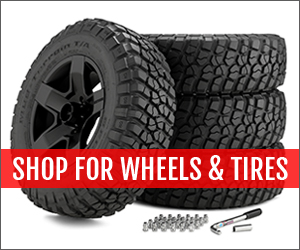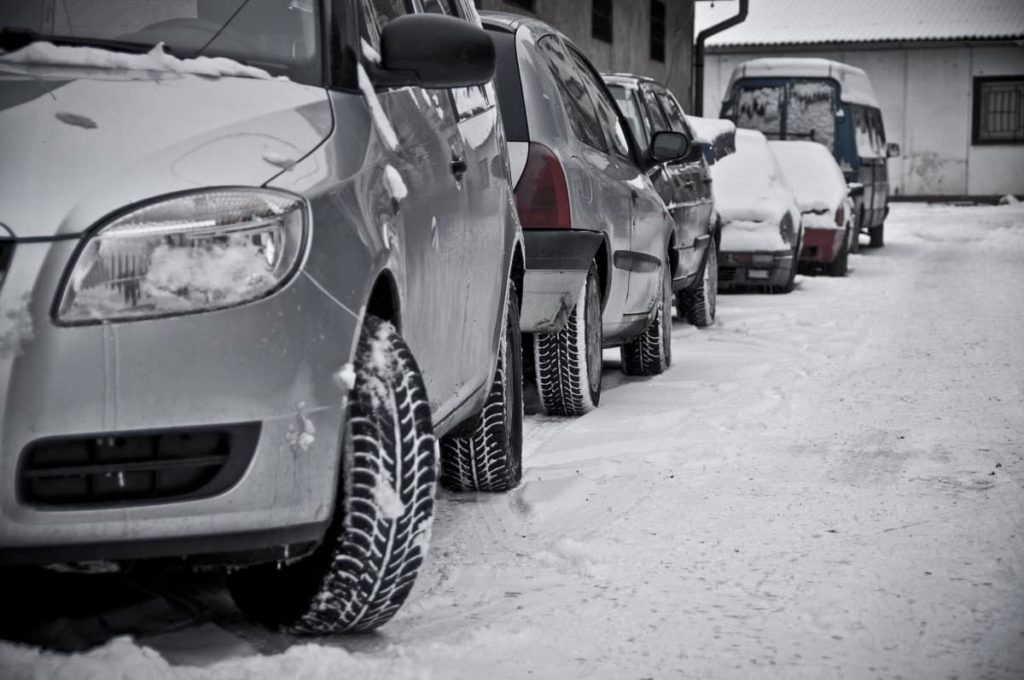
It’s getting to be that time of year again.
When the leaves start to fall and temperatures begin to drop, it’s time to start thinking about your vehicle’s tires for the dreaded winter season. There’s a lot of debate out there between all season tires vs winter tires, but it all comes down to the weather conditions that you’ll experience and what you’re looking for in a tire.
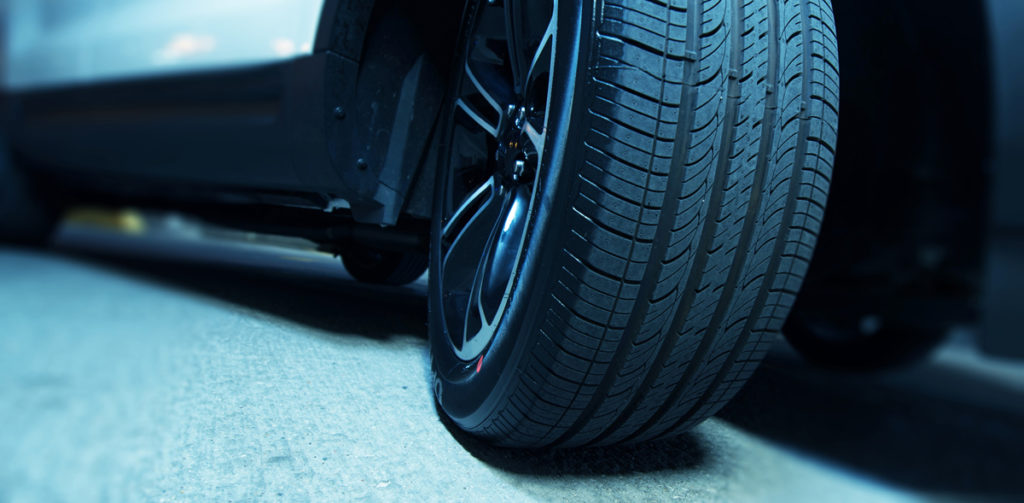
With all season tires vs winter tires, there are quite a few things to look at from what makes each type of tire unique, what they are designed to accomplish, and also what kind of weather environment you will be driving in with your vehicle.
Let’s face it, tires can be expensive, but having the proper set of tires can be the difference between stopping in time or sliding into an accident and costing your more money in the long run. Harsh winter conditions such as several inches of snow, ice, and temperatures that fall below zero-degrees require specially-designed tires for safe transportation. Mild conditions and warmer temperatures allow for more standard, universal tire types.
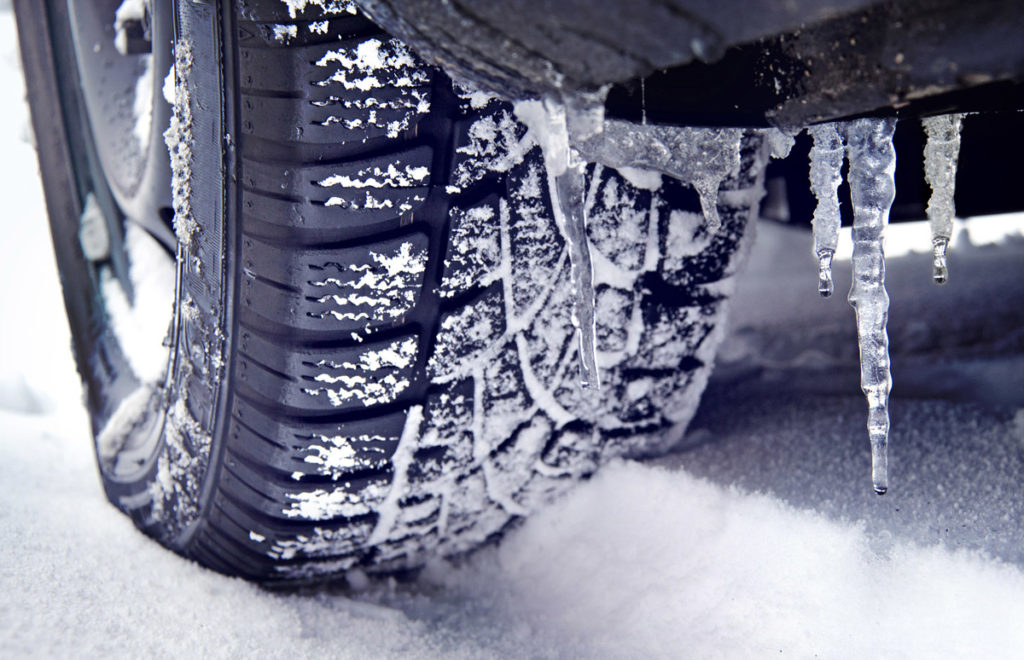
So let’s break down the all season tires vs winter tires conundrum. All season tires are designed to be used in a variety of conditions and environments while providing decent traction, noise levels, ride comfort, handling, and fuel economy. Winter tires are designed to handle harsher winter conditions and generate grip in low temperatures, while generating traction in snow, slush, rain, and ice.
There are quite a few design and construction differences with all season tires vs winter tires. All season tires are the most common types of tires found on vehicles right from the factory, so we’ll start there. These tires are designed to basically do everything. While they may not excel in specific aspects such as fuel economy, grip, performance, etc., they are a great all-around tire to use in a variety of conditions.
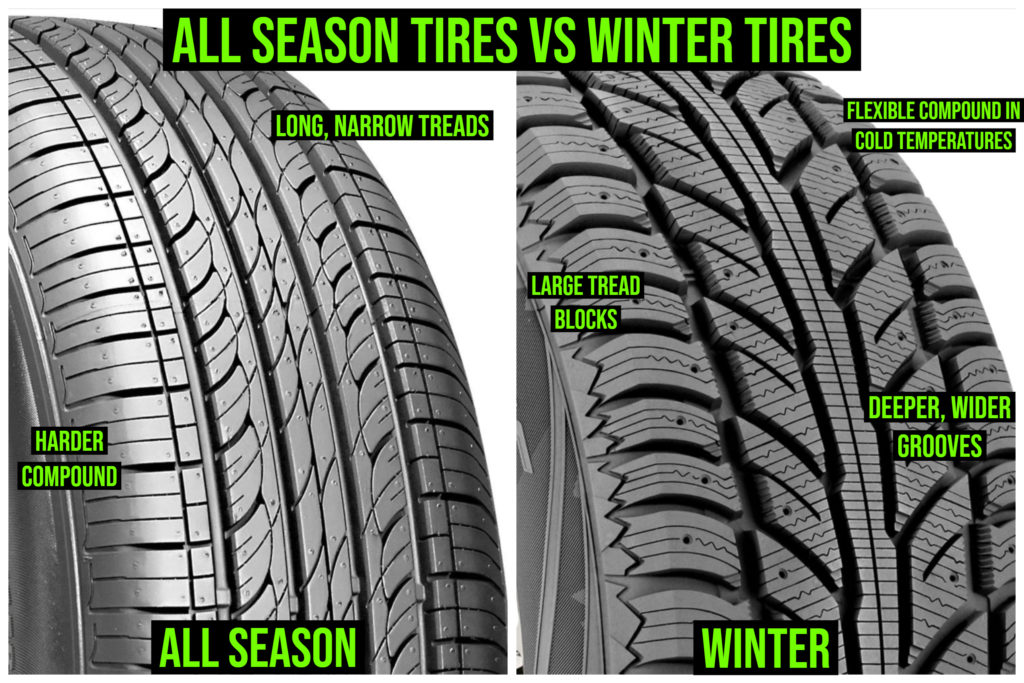
All season tires are made with a rubber compound that is usually harder than winter and summer tires in order provide a longer tread life. This compound will also begin to harden and lose its ability to generate traction as temperatures fall below freezing. All season tires are also made with a tread pattern that is longer and narrower to generate traction in wet conditions while 3-D sipes improve warm-weather performance. Fuel economy is also a goal, especially in today’s MPG-driven automotive industry, leading tire manufacturers to cut down on rolling resistance which often results in lower grip in different situations.
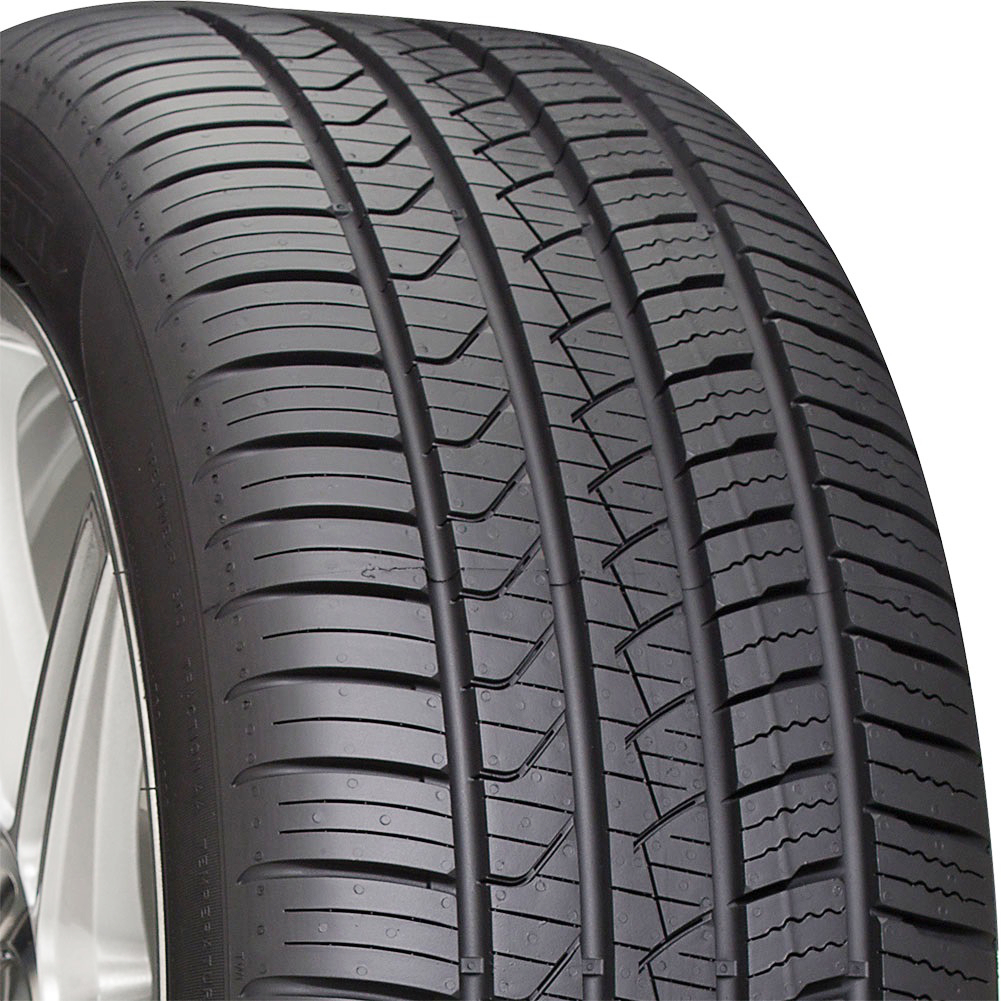
All season tires are capable of providing acceptable performance in a wide range of conditions. Dry and warm conditions are where they will offer the best overall performance while they will still be able to disperse water and generate traction in wet conditions. As temperatures drop, the rubber compound will harden and traction will gradually decrease as a result. In winter conditions, all season tires will be able to generate grip but no provide reliably safe performance in normal and harsh winter conditions with heavier snow, colder temperatures, and ice.
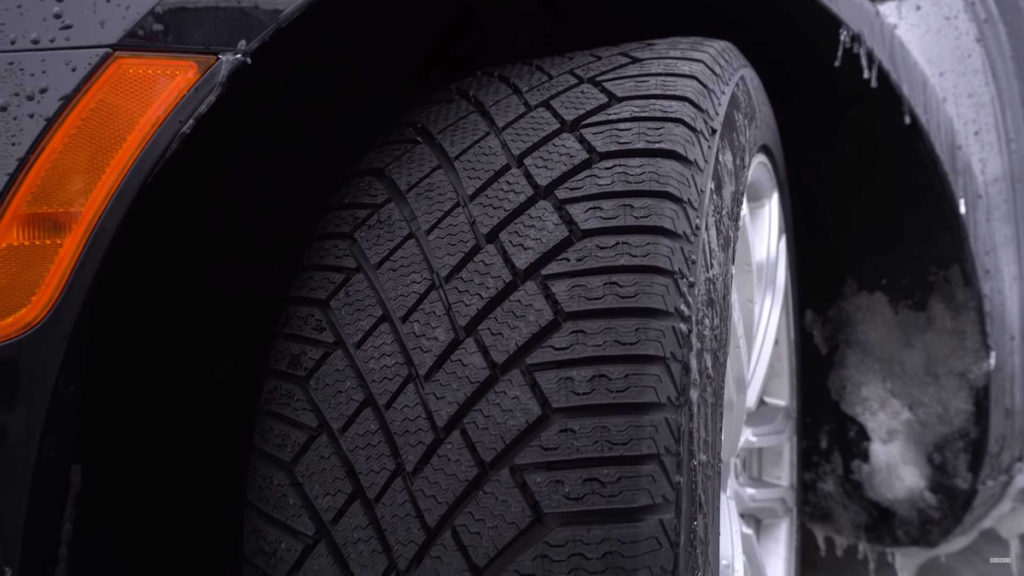
Now, let’s look at the other contender in the all season tires vs winter tires debate. Winter tires are designed specifically for winter conditions and provide the best overall performance in these conditions. Winter tires are made using a different rubber compound than all season and summer tires that is able to be soft and flexible enough to generate traction in very cold temperatures well below freezing. This, however, causes winter tires to wear out much faster than their all season counterparts.
Winter tires are also designed with a different tread pattern than all season tires. Here, the treads are made with larger, solid blocks and deeper grooves. This helps to disperse snow and create more of a contact patch as snow gets packed into the grooves. These blocks also feature fine slits, also known as tread sipes. These sipes give the treads a biting edge that helps to generate traction on slippery surfaces such as ice while maintaining the integrity of the tread.
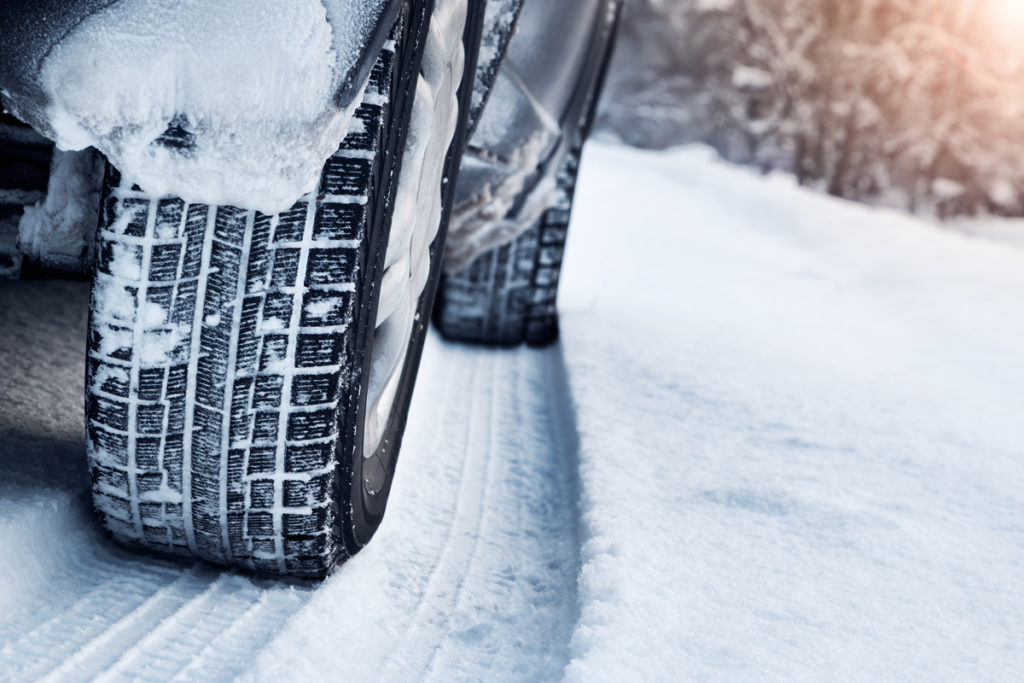
In warmer weather conditions, winter tires will not be able to generate the same amount of grip as all season tires while generating more noise due to their compound and tread design. Winter tires also tend to wear out faster due to their compound and need for deeper tread to generate traction in winter conditions. They do, however, perform considerably better in snow, ice, and colder temperatures than all season tires due to their design and construction when it comes to stopping, acceleration, traction, and handling. So, for the winter conditions, don’t aim to try and find the best all season tires for snow, and instead just go for the winter tires.
So, in the all season tires vs winter tires debate, it’s best to know what kind of conditions you will be driving in during the winter. If you are expecting to experience quite a bit of snow, ice, and cold temperatures, then winter tires are the way to go. If you will see a minor snow flurry here and there with temperatures that hover around or above freezing, then all season tires are the way to go. There is no real winner for the best all season tires for the snow, so it’s best to just make the change to winter tires if you’re expecting snow, ice, and cold.
Check out all of our available All Season Tires vs Winter Tires!


